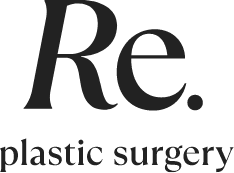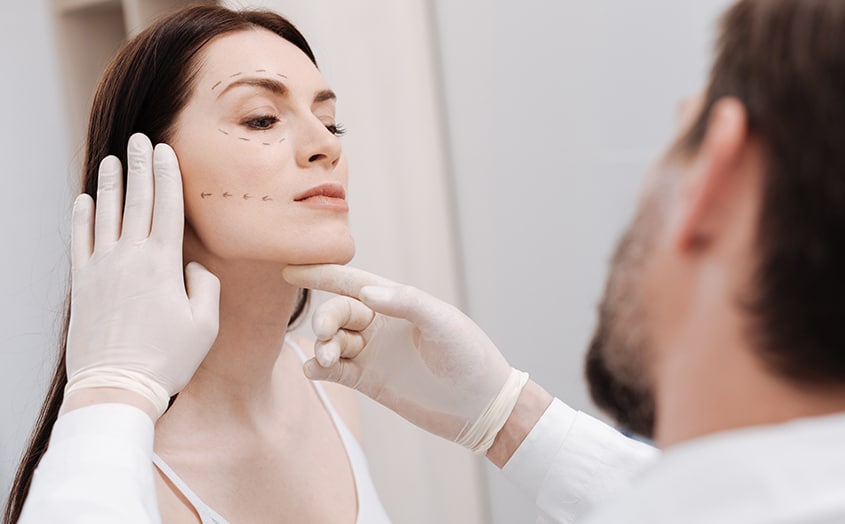One of the most common questions I get asked is what is the difference between a Plastic Surgeon and a “cosmetic surgeon”.
In Australia we are in a peculiar situation, which is largely historic, that allows any doctor with a basic medical degree to call themselves a surgeon. It often comes as a surprise to people when they learn how relaxed our laws are regarding who can pick up a scalpel and operate.
Often times these are doctors who applied for entry into plastic surgery training but were unsuccessful or failed at their training. That is, they did not reach the high standards expected of a plastic surgeon in Australia. Most of these doctors will refer to themselves as a cosmetic surgeon. As they are not allowed to call themselves as a specialist Plastic Surgeon. The resulting situation has led to a great amount of confusion for patients as to the level of training and competency of the medical practitioner in front of them.
To make matters worse, the majority of “cosmetic surgeons” perform plastic surgery operations in non-accredited facilities. Often with disastrous results and outcomes.
Last year saw a number of rogue clinics closed down and government agencies finally starting to take action to better regulate the cosmetic surgery industry. But there’s still a long way to go.
Sadly, it took the death of a young woman after a botched breast surgery in Sydney to bring to the attention the seriousness of this industry.
To become a Plastic Surgeon is an honour and takes years of hard work.
In all, I spent over 10 years after medical school to become a plastic surgeon. That equates to over 10,000 hours of supervised operating and multiple government recognised exams covering the entire scope of Plastic Surgery, including breast augmentation cosmetic surgery before I could call myself a specialist Plastic Surgeon. Compare this with a cosmetic surgeon who may have done little to no additional training after medical school and has not taken any exams.
One must never forget that all surgery poses risk, and in the case of cosmetic surgery procedures which are mostly elective, the tolerance for major complications is lower than for any other surgery.
Here’s how you can protect yourself:
- Make sure your surgeon is qualified with the Royal Australasian College of Surgeons. Look for the qualifications FRACS (Plas).
- Your surgeon should be a member of the peak bodies of plastic surgery in Australia, that is ASPS (The Australian Society of Plastic Surgeons) and ASAPS (The Australasian Society of Aesthetic Plastic Surgeons).
- Check out the credentials of the hospital/s your surgeon operates in.
- Look at photos of your surgeon’s work, in particular patients who have similar features to you and results that are in line with what you are trying to achieve.
- Make sure you like your surgeon and their staff. You’ll want to know that your surgeon and their staff will look after you at every stage.
#Article Reference: http://www.abc.net.au/news/2017-09-01/woman-who-underwent-botched-procedure-dies/8864854




